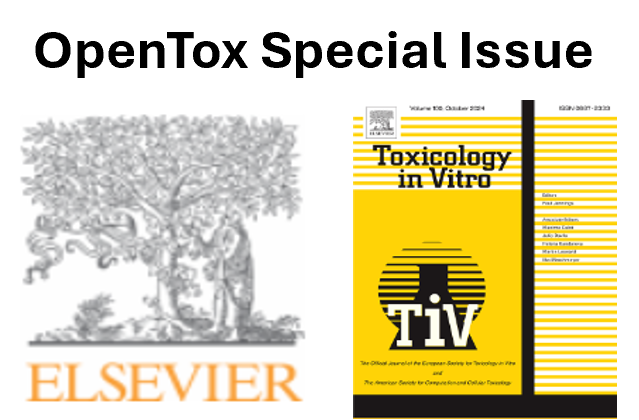
Matthias is the Head of the Study Centre for Food Chain Modelling and Artificial Intelligence at the German Federal Institute for Risk Assessment (BfR). Holding a diploma in Biochemistry, he has been working at the BfR since 2008 as a research scientist and team leader in predictive microbiology, Quantitative Microbial Risk Assessment (QMRA), and software development. His recent research focus has extended to developing AI-based solutions that facilitate the generation and use of linked data and the efficient exchange of predictive models. Since 2017, he has coordinated the RAKIP Initiative, which now includes 12 member organizations such as the European Food Safety Authority (EFSA), BfR, ANSES, and DTU Food.
Matthias has led several national and international research projects. In the international project One Health EJP ORION, he led the development of innovative software solutions to support interdisciplinary information integration. His recent projects involve implementing AI-based solutions for information extraction and management, contributing significantly to the digital transformation of risk assessment practices. Additionally, Matthias serves as the Editor-in-Chief of the Food and Ecological Systems Modelling Journal (FESMJ).
Enhancing Risk Assessment Knowledge Exchange: Latest Advances in the RAKIP Initiative
The Risk Assessment Knowledge Integration Platform (RAKIP) Initiative is a community-driven effort supported by 12 European risk assessment and research institutions, including the European Food Safety Authority (EFSA), the German Federal Institute for Risk Assessment (BfR), ANSES, and DTU Food. The initiative aims to enable efficient exchange and reuse of predictive models and data, addressing the challenges researchers face in finding, applying, and combining existing models across different programming languages and software platforms.
At the core of RAKIP's solutions is the open FAIR Scientific Knowledge eXchange (FSKX) format, which allows to exchange script based models and data in their original programming language. FSKX facilitates a standardized approach to model and data sharing applicable to a broad range of model classes and datasets. Building upon FSKX, RAKIP partners have developed a suite of services and tools, including the RAKIP-Web model repository (https://knime.bfr.berlin/landingpage/RAKIP-Model-Repository) and the open-source FSK-Lab software (https://foodrisklabs.bfr.bund.de/fsk-lab/). These tools enable users to share, search, download, modify, create, combine and execute models both online and through desktop applications. This significantly enhances the reuse of model-based knowledge in the One Health and risk assessment communities, fostering collaboration and efficient information exchange.
This presentation will explain the strategic development approach of the RAKIP Initiative, highlight new AI-assisted features supporting the functionalities of the RAKIP-Web model repository, and provide lessons learned from the past seven years. Current software and service development activities will be presented, illustrating how these advancements could be used to create synergies with similar initiatives in the chemical risk assessment domain. For example, the creation of an AI-assisted model annotation step in the FSKX file generation process will help model creators to adopt the FSKX format guidance, improving user experience and encouraging wider participation. As a community-driven effort, the RAKIP Initiative welcomes new collaboration partners and encourages interdisciplinary tool and knowledge exchange to further enhance risk assessment practices globally.

